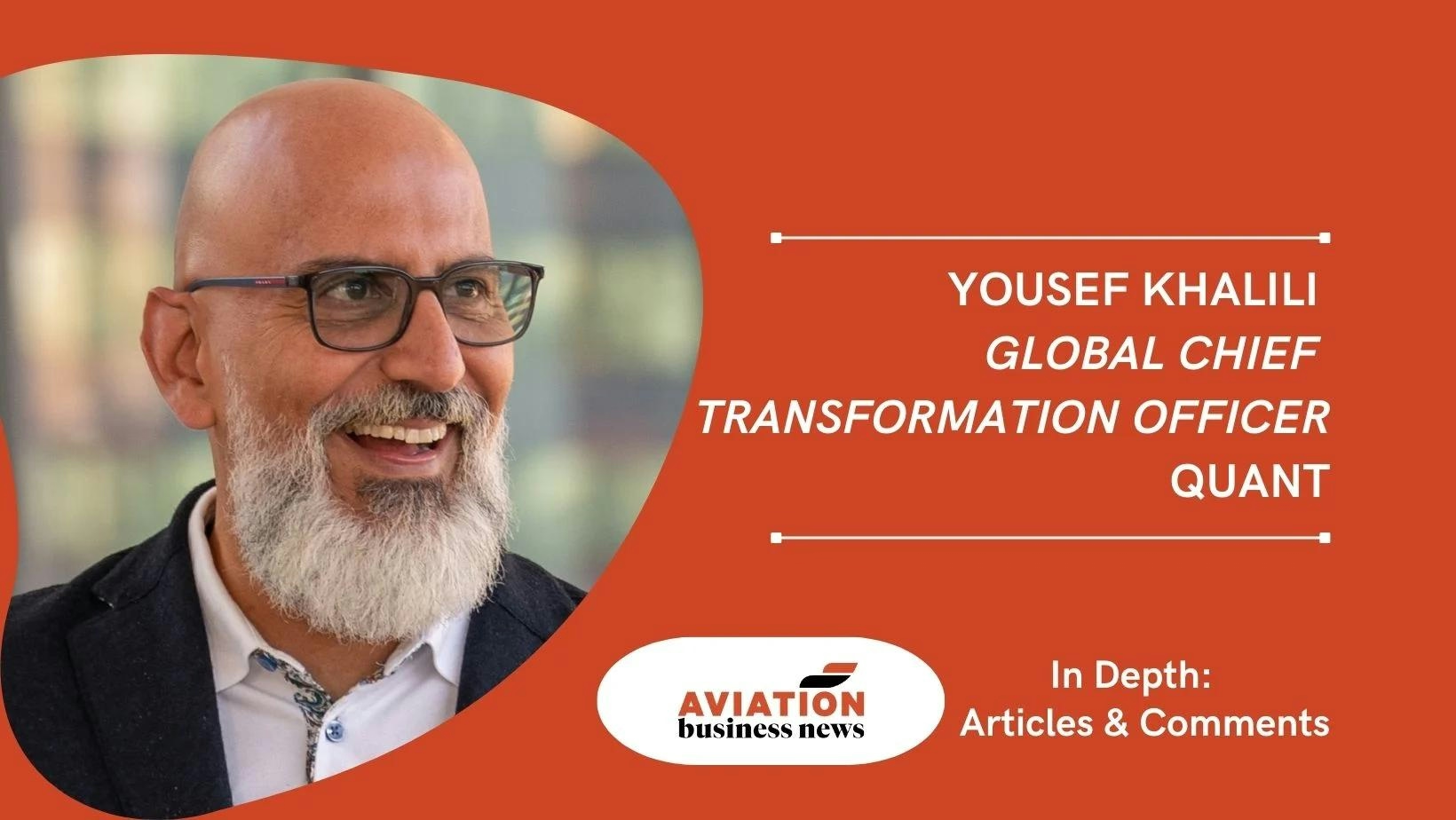AeroGenie — Ваш интеллектуальный второй пилот.
В тренде
Categories
Agentic AI Could Transform Airline Operations

Agentic AI Set to Revolutionize Airline Operations
Following a recent presentation at TRLEngage alongside Saudia Airlines, Yousef Khalili, global chief transformation officer at technology developer Quant, articulated a compelling vision for the future of aviation driven by agentic artificial intelligence (AI). Air travel remains one of the most intricate industries worldwide, involving a complex network of systems, providers, and checkpoints for each journey. While airlines have traditionally sought to enhance the passenger experience through digital tools, these efforts have largely been confined to basic chatbots, self-service applications, or automated FAQs.
The industry conversation is now shifting toward agentic AI—a new generation of artificial intelligence designed not merely to generate text or respond to queries but to take autonomous action. Unlike conventional generative AI, agentic AI possesses the capability to make decisions, execute tasks across multiple systems, and coordinate real-time actions. For airlines, this technology holds the promise of delivering a seamless passenger journey that is integrated before, during, and after the flight.
Emerging Applications and Industry Challenges
Although no airline has yet implemented a fully agentic AI platform, early initiatives are beginning to take shape. Contact centers are experimenting with conversational agents capable of end-to-end problem solving, while mobile applications are starting to offer proactive rebooking options. Social media bots are also evolving to handle complaints with greater contextual understanding and autonomy. These developments represent important progress, yet the industry still lacks a comprehensive, integrated agentic layer.
The initial deployment of agentic AI is focused primarily on passenger-facing, or business-to-consumer (B2C), agents. These include contact center agents that transcend scripted responses to automatically rebook flights, issue refunds, or process upgrades. Mobile app and website agents are emerging as personal travel assistants, proactively suggesting alternative flights or booking lounges during extended layovers. Social media agents are increasingly resolving disruptions directly on platforms where passengers express concerns, managing tasks such as rebooking or compensation requests. Several leading airlines are piloting these approaches, employing not only advanced chatbots but also digital workers capable of resolving requests across multiple channels. Early results indicate higher resolution rates, reduced handling times, and improved customer loyalty.
Despite the promise of agentic AI, significant challenges remain. Integrating these advanced systems with legacy infrastructure, ensuring regulatory compliance, and safeguarding data privacy are critical hurdles. Airlines must also address the complexities of scaling these solutions while protecting sensitive passenger information. Market responses indicate growing investment in AI technologies, as airlines seek more efficient operational models. Competitors are expected to adopt similar agentic AI solutions to maintain their competitive edge, potentially accelerating transformation across the industry. The rapid expansion of agentic AI in sectors such as energy underscores the strong potential for comparable growth within aviation.
Distinguishing Innovation from Hype
It is essential to differentiate genuine agentic AI platforms from overhyped solutions. Many current offerings amount to chatbots connected to a limited number of application programming interfaces (APIs), capable of handling only single tasks. In contrast, true agentic AI platforms are engineered to orchestrate complex, multi-step processes involving multiple systems and stakeholders.
As the airline industry moves beyond debating whether agentic AI will take off, attention is now focused on the speed and scale of deployment, and on how these platforms will ultimately reshape the future of air travel.

Emirates Unveils Cabin Design for New Boeing 777X

Eighteen Years On, the Airbus A380 Remains Central to a $34 Billion Airline

How a boom in luxury airline seats is slowing down jet deliveries

Navitaire Outage Attributed to Planned Maintenance

DigiYatra Debuts Outside Aviation at India AI Impact Summit

Vietnam Orders Strengthen Boeing’s Commercial Outlook

Airbus Signals Uncertainty Over Future A400M Orders

JobsOhio Awards $2 Million Grant to Hartzell Propeller for Innovation Center

Collins Aerospace Tests Sidekick Autonomy Software on YFQ-42A for U.S. Air Force CCA Program

How the Airbus A350-1000 Compares to the Boeing 777
